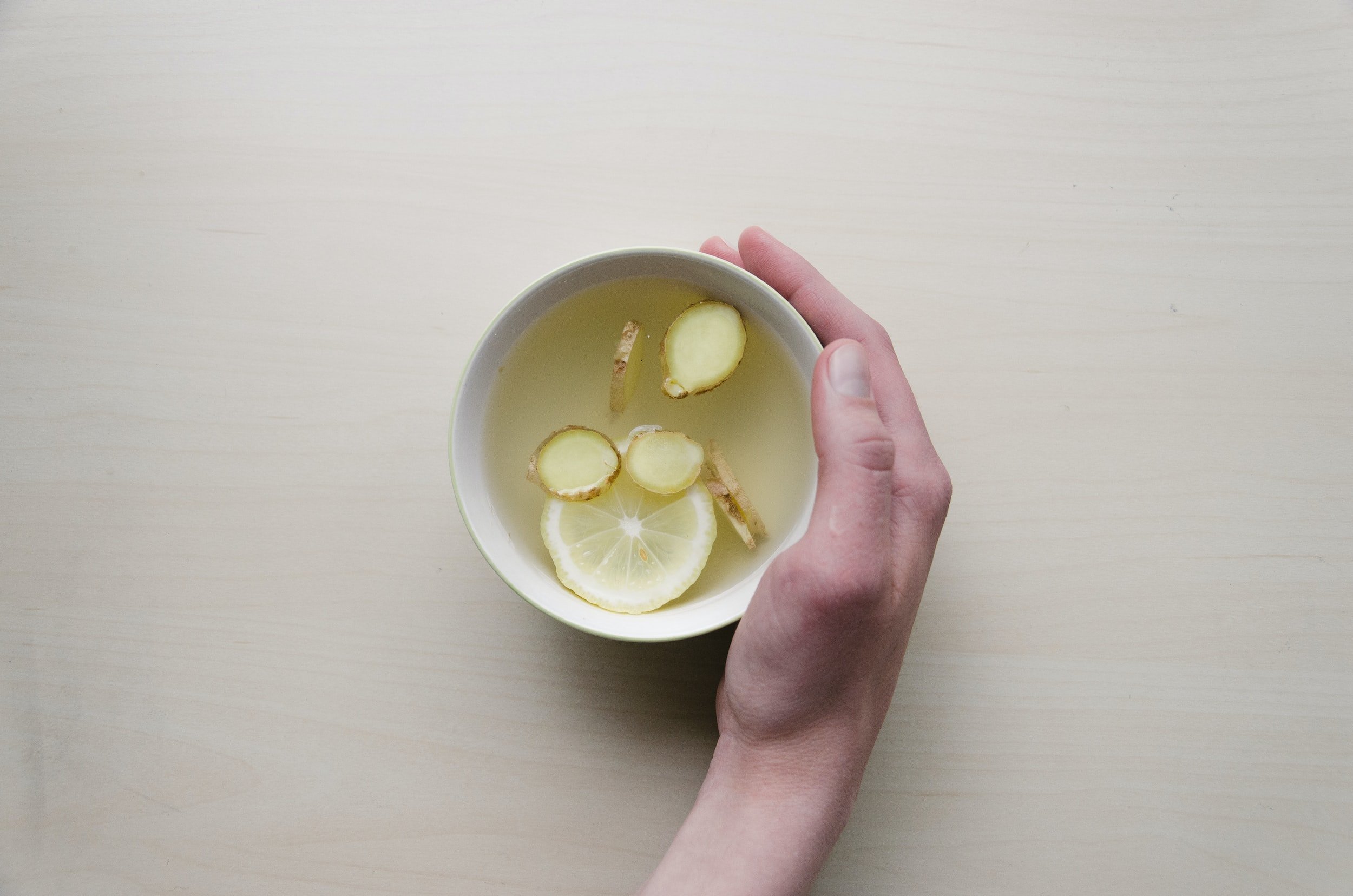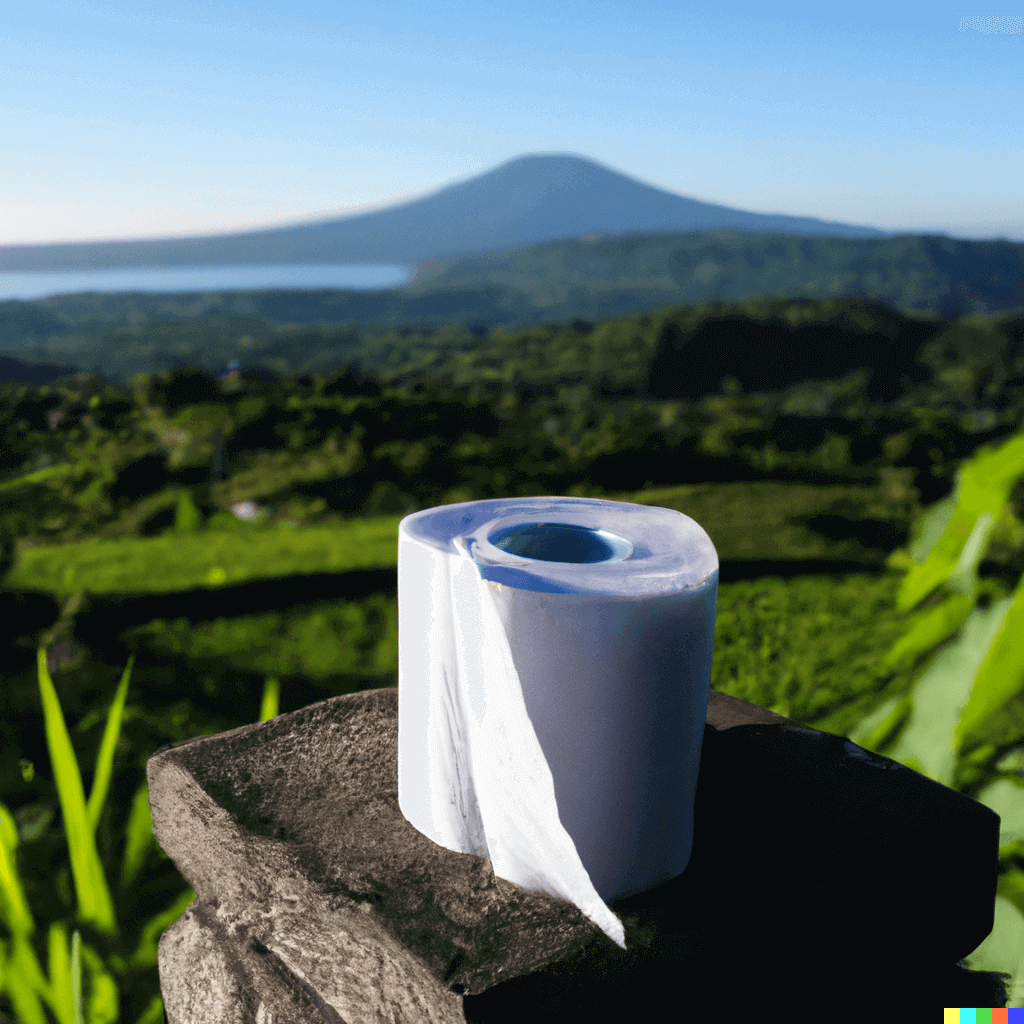Is Bali Belly contagious? We answer this critical question.
Washing our hands is the single best step to prevent spreading disease.
Table of Contents Show
Is Bali Belly contagious for my family and friends?
Bali Belly is a commonly used term for the unpleasant gastrointestinal illness experienced by many travelers to Bali.
However, Bali Belly is just a localised name for the general illness called Travelers Diarrhea that is common amongst travellers to Asia, South America, Africa and parts of Europe.
“(Worldwide) Between 10% and 40% of travelers develop diarrhea. The attack rate is highest for travelers from a developed country who visit a developing country. Children are at particular risk. Travelers’ diarrhea is usually acquired through ingestion of food and water contaminated by feces.”
Before we get into whether Bali Belly is contagious, let’s get on the same page:
Not sure if you have Bali Belly or what it is?
If you’d like to know more about the symptoms, causes, and treatment of Bali Belly, check out our detailed guide, What is Bali Belly
Do you have Bali Belly right now?
Then you might need our article, What to do when you get Bali Belly
Wondering if Bali's water is safe to drink?
Check out this article: Is Bali water safe to drink?
1. Can Bali Belly be contagious?
Choose wisely where you buy food and wash it carefully
‘Contagious’ means able to be passed from one person to another, typically by direct contact.
Yes. Bali Belly can be contagious, depending on its cause.
According to a paper published in the Australian Family Physician, Bali Belly can be caused by various pathogenic microorganisms, some of which are considered contagious.
Pathogenic causes of Bali Belly:
1. Bacteria
Around 50-80% of Traveller’s Diarrhoea comes from bacterial infections with enterotoxigenic Escherichia coli (ETEC) being the most common culprit. Other bacteria include enteroinvasive E. coli (EIEC), enteroaggregative E. coli (EAEC), Shigella, Campylobacter, and Salmonella species.
Is bacteria contagious? Yes. Bacterial causes can spread through person-to-person contact or consumption of contaminated food and water, posing a significant health risk for travelers to the region.
2. Parasites
Protozoal parasites should be examined, especially in those with persistent diarrhea that lasts ≥14 days or when antibacterial therapy fails to shorten the disease.
Are parasites contagious? No. Bali Belly caused by a parasite is not generally contagious.
3. Viruses
Noroviruses are responsible for 10-20% of Traveller’s Diarrhoea cases.
Are viruses contagious? Yes. Novoviruses are very contagious (source).
The safest course of action when Bali Belly first hits is to assume it is contagious.
However, thankfully Bali Belly is not as virantly contagious as other diseases (like, for example, COVID).
The good news is you can take simple precautions not to spread Bali Belly.
You can also take some precautions not to catch Bali Belly, but some causes are beyond your control.
2. Precautions to prevent transmission of a cause of Bali Belly
Hand sanitiser is a very good precaution to avoid getting Bali Belly
While some causes of Bali Belly may be contagious, as long as you take some simple precautions, you don’t have to worry about infecting your family or friends.
Simple precautions to prevent the spread of Bali Belly:
Don’t share food or drinks with others
Wash your hands regularly and before eating and after using the bathroom
Use hand sanitiser if you can’t wash your hands
Try not to wipe your mouth with your hands
Keep the toilet clean where you are staying
3. Caring for a person with Bali Belly
If you are caring for someone who is experiencing Bali Belly, you don’t need to be overly worried about catching the cause of their bout of Bali Belly.
If you follow the same precautions listed above that the person who has Bali Belly is following, you should not contract Bali Belly from them.
4. Preventing reinfection
Wash all fruit with bottled water to avoid the bacteria that causes Bali Belly.
Sometimes a friend or family member also gets Bali Belly and the first thought is that they got it from the first person who contracted it.
However, it is much more likely that the Bali Belly was contracted from a new source, rather than another person.
So, it’s worth everyone being vigilant as possible to avoid the most common causes of Bali Belly.
Common causes of Bali Belly:
Ice that is contaminated
Undercooked meat
Using tap water to brush your teeth
Getting water in your mouth while showering or swimming
Food left out too long without refrigeration
Drinking water, coffee, or tea that hasn't been boiled and/or filtered
Consuming raw vegetables that have been washed in contaminated water
Eating peeled fruit that has been touched by unclean hands
Eating fruit with peels that have not been washed before being cut
Consuming food or drink from glasses or plates that were washed with tap water but not thoroughly dried
Bali Belly is contagious, but just take care
In summary, some causes of Bali Belly are considered contagious, but with sensible and easy precautions, they should not be passed from one person to another.
Frequently Asked Questions
How long is Bali Belly contagious?
How long a person with Bali Belly is contagious will depend on the cause of the infection (bacterial or novovirus) and its severity. Symptoms of Bali Belly can last a few days to a week and it is safe to assume the risk of contagion is present while symptoms persist.
What is the Bali Belly parasite?
What is commonly called the ‘Bali Belly parasite’ is a microscopic, one-celled organism called protozoa in a parasitic form. Serious infections can be caused by just one organism. A parasite may be suspected where persistent diarrhea lasts ≥14 days or when antibacterial therapy fails to resolve the disease.
Why do some people get Bali Belly and others don’t?
Bali Belly can be caused by contaminated food, drink, cutlery, etc., or even an unclean restaurant. As such, depending on what you order, different people in your group might get Bali Belly and others not. Also, frequent travellers to at-risk countries build an immunity that reduces their change of infection.
How do locals not get Bali Belly?
Balinese do get Bali Belly - quite often in fact. It is prevalent around ceremony times when food is often shared between families and left sitting at temples and functions. Also, the poor sanitary condition in many homes means the risk of bacterial infection is high. Health programs seek to educate to improve these conditions.
How long does Bali Belly usually last?
The symptoms of Bali Belly typically last between two and seven days. Some causes of Bali Belly can only be resolved with antibiotics. Therefore, if your symptoms are not easing withing the first 24-48 hours you should seek medical attention.
Does everyone get Bali Belly?
Many travellers do not get Bali Belly. Studies show that between 10% and 40% of travelers develop diarrhea worldwide. Travelers from a developed country who visit a developing country, including Bali, are at higher risk. Increased education on hygiene in recent years, may reduce the incidence of Bali Belly.
What are the chances of getting Bali Belly?
Most causes of Bali Belly are preventable with proper hygiene and safer food choices. However, some causes are beyond your control, such as how clean the a restaurant kitchen is or how well food has been stored and prepared. Following recommended guidelines will reduce your chances of getting Bali Bali.
Is Bali water safe to drink?
The short answer is no, and our detailed article asks, "Is Bali water safe to drink?” and details the reasons why you need to take great care with drinking water in Bali.















